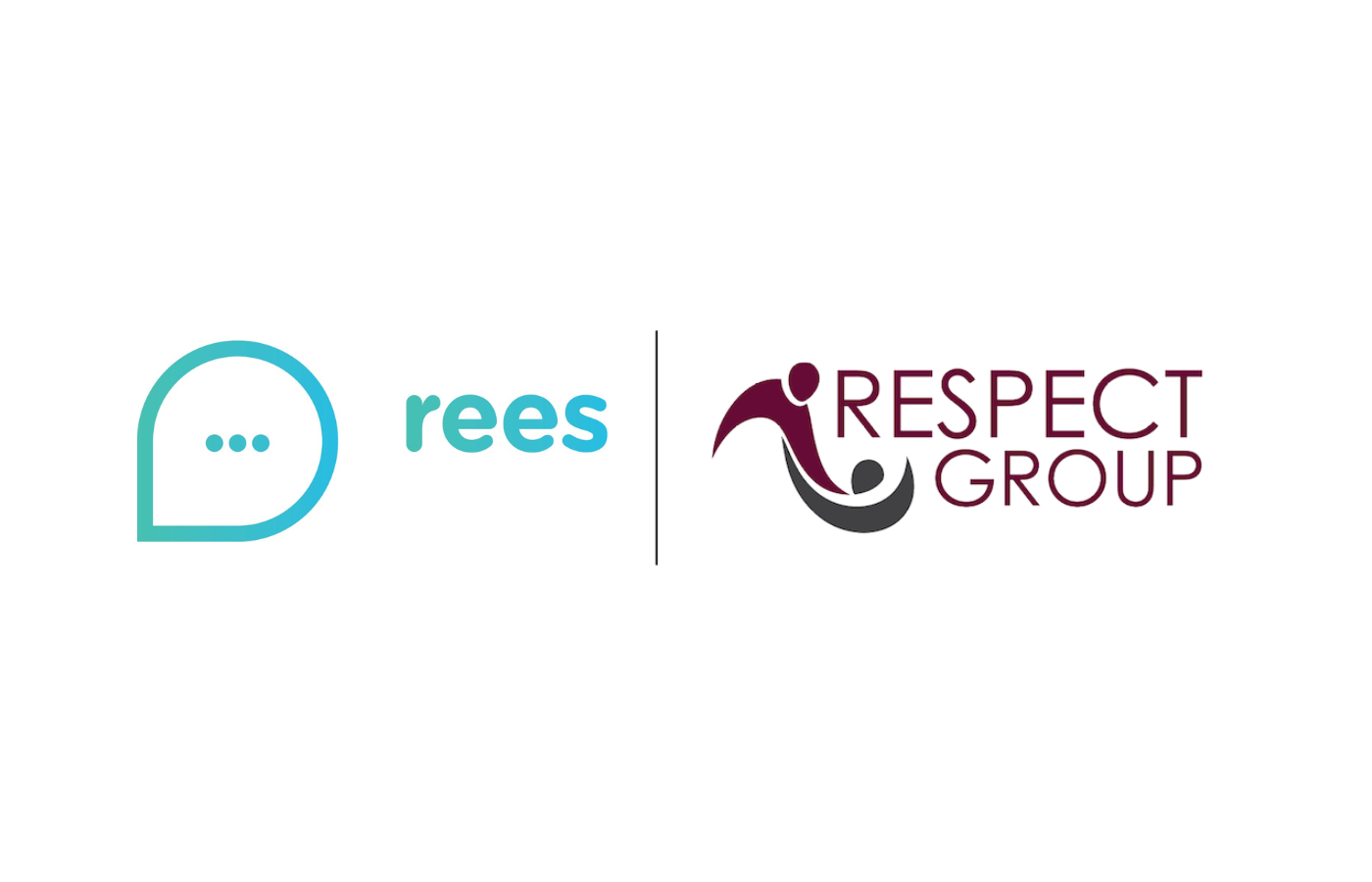Harassment in virtual classrooms raises questions
A virtual lesson in one Winnipeg classroom was abruptly interrupted last week, when participants entered the video call uninvited and started making misogynistic comments toward the female teacher.
The privacy breach took place Jan. 4, the first day of the post-winter break remote-learning period mandated for grades 7-12 students in Manitoba, during a middle years lesson in the Pembina Trails School Division.
“We have had literally thousands of daily online (Microsoft) Teams meetings between students and classroom teachers since March. Last week, we had a single incident where there were some students who got access to a class meeting on Teams and made some inappropriate and offensive comments,” said Ted Fransen, superintendent at Pembina Trails.
While calling the video conferencing platform “robust and secure,” Fransen said one of the students in the classroom in question shared a link with another student who attends school outside the division.
A tipster familiar with the incident said two interlopers spewed hateful comments, which prompted the teacher to cry in front of her class, and soon left the call. The explicit sexist comments have had a lasting impact on the educator’s well-being, said the individual, who asked not to be identified to protect the identity of the teacher who was targeted at work.
The president of the Manitoba Teachers’ Society, James Bedford, called such incidents “a definite concern” when teachers and students are working remotely.
“Frankly, there’s the risk of copycat incidents. We expect the division to thoroughly investigate what has happened to ensure that our members and their students are protected from incidents like this in the future,” Bedford said in a statement to the Free Press.
Following the incident, the principal checked in with the teacher about how best to support her, and one of the division’s school resource officers was contacted to address the situation with all the students involved, Fransen said.
Winnipeg Police Service spokesman Const. Jay Murray said Tuesday the matter is not being investigated as a criminal act. Whether an incident happens online or in-person, the disciplinary approach in Pembina Trails emphasizes individual conversations about respectful behaviour, Fransen said.
The superintendent added the school sent home a community update to parents about the incident that encouraged them to have conversations with their children about appropriate school conduct and the sharing of private weblinks.
He did not disclose what, if any, additional disciplinary action has been taken against the Pembina Trails student, citing privacy.
The event raises questions about digital citizenship and the security of online classrooms.
Noting students prepare for crises such as fires in brick-and-mortar schools, a Manitoba advocate for gender-based violence prevention said divisions should have protocols in place for how-to address incidents that can happen in virtual classrooms.
“It’s important that we recognize that whether it’s physical spaces or online spaces, we all deserve to be safe,” said Mary Lobson, founder of virtual sexual violence reporting platform REES, who has worked in the field of technology and gender-based violence prevention in Manitoba for more than a decade.
Aine Dolin, co-director of Red Tent Winnipeg, which raises awareness about anti-oppression, safe spaces and consent culture, said the Jan. 4 incident highlights a broader need for consent education in schools.
All community members have a responsibility to establish safe spaces, she said, adding platform-specific policies can help clearly define individual and collective responsibilities.
Among her ideas for creating safe spaces online are providing adequate training for teachers, password-protected spaces and waiting rooms, and establishing clear expectations of response to violence.
Per Pembina Trails’ standard of behaviour, students are expected to show respect for the rights, property and safety of themselves and others.
The division is finalizing a new privacy policy that takes into account online learning. Given teachers are familiar with the protocol, Fransen said the “spirit” of it is already in place.


